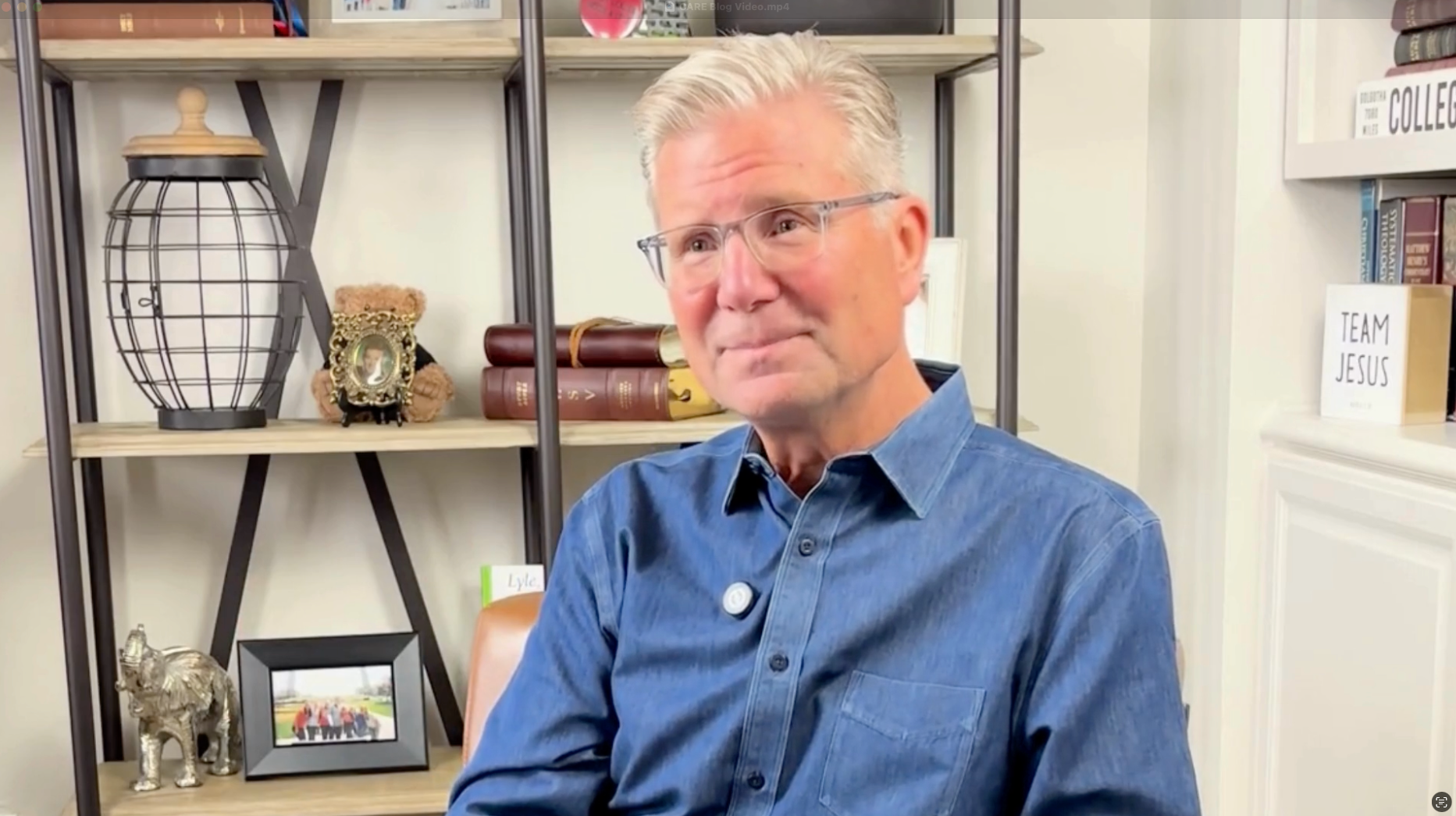info@integrus.org
What Baseball Taught Me About Leadership
As someone who played baseball for over 20 years, I learned a lot about leadership. Baseball is more than just a game—it’s a powerful teacher.
Here are my top 10 leadership lessons from the sport that has shaped how I lead today:
1️⃣ You have to be a little crazy if you want to be great.
To be exceptional, you’ve got to push boundaries. Just like the best baseball players, great leaders aren’t afraid to take risks and step outside their comfort zones. They embrace challenges with passion and tenacity, even when it seems a bit "crazy" to others.
2️⃣ Success doesn’t come often, so when it does, celebrate it.
Baseball is a game of failure—players fail more than they succeed, so when success comes, take the time to celebrate it. The same goes for leadership. Take time to acknowledge the wins, no matter how small they may seem. Celebrating success fuels motivation for the next challenge.
3️⃣ Failure is inevitable, but don’t settle for it—rise above your setbacks.
Just because failure happens doesn’t mean we have to accept it or settle for it. Baseball taught me that while failure is frequent, it's also an opportunity for growth. As leaders, we should learn from setbacks, rise above them, and never get comfortable with mediocrity.
4️⃣ Failure isn’t just a step on the path to success; it’s a foundational building block.
In baseball, failure is part of the process. The best players use their mistakes to improve. Similarly, failure is essential in leadership. It's not just a stepping stone—it’s the foundation that builds resilience, adaptability, and eventual success.
5️⃣ You have to hate losing way more than you love winning.
The drive to avoid failure can often be stronger than the desire to win. Great leaders, like great athletes, are deeply competitive. It’s not just about wanting to win—it’s about refusing to lose. This competitive spirit fuels growth and perseverance.
6️⃣ Not every at-bat needs to be a home run—sometimes, singles are exactly what you need.
In today’s culture, we often glorify the "home runs"—the big wins and flashy successes. But in baseball, as in leadership, consistency matters. Sometimes, small wins are just as important. You don’t need to hit it out of the park every time; a well-placed single is what gets the job done.
7️⃣ Isolation is not an option—you can’t play all the positions.
In baseball, teamwork is essential. No one can play all nine positions. The same is true in leadership. You need to trust your team and rely on their strengths. Isolation leads to burnout, while collaboration leads to success.
8️⃣ Playing with fear means playing with failure.
When you let fear control you, failure follows. On the field and in leadership, playing timidly often leads to errors. Leaders must act with confidence and courage, even in uncertain circumstances.
9️⃣ Sometimes you do everything right and still lose; sometimes you do everything wrong and still win.
Baseball, like life, is unpredictable. You can make all the right moves and still not get the result you want. Conversely, you might make mistakes and still come out on top. The key is to learn from every experience and keep improving, regardless of the outcome.
🔟 Numbers can be more distracting than helpful.
In baseball, players can get caught up in stats—batting averages, home runs, RBIs. But focusing too much on numbers can distract from the bigger picture. In leadership, metrics are important, but they don’t tell the whole story. Focus on progress and improvement, not just the numbers.
Keys to Successful Leadership
Awareness Brings Confidence and Clarity
One of the biggest lessons from baseball is the importance of awareness. Players who know where everyone is on the field and understand each person’s role play with confidence and freedom. The same applies to leadership. When you have clarity about your team’s roles and responsibilities, you create an environment where everyone can thrive.
Be Ready to Pivot
In baseball, you never know when you’ll be asked to play a different position. It’s important to be adaptable and ready to pivot when needed. As leaders, we should develop the ability to pivot quickly, adjusting our strategies when circumstances change.
Don’t Settle for Failure
Just because failure happens often in baseball doesn’t mean you have to like it. Many players use the sport's inherent difficulty as an excuse, but I believe we should hate losing. The competitive spirit should motivate us to work harder and be better every day.
Celebrate Success
Lastly, don’t forget to celebrate your wins. In ministry and leadership, we can get so caught up in what’s not working that we overlook the good things happening. Take time to acknowledge the positive outcomes, and let that fuel your drive to keep moving forward.
Final Thoughts
Leadership is like baseball—there’s always room to grow, always something to learn, and always a reason to keep striving. Whether you’re celebrating small wins or learning from failures, the key is to stay focused, stay humble, and keep pushing forward. Remember, success may not come often, but when it does, it’s worth celebrating.
SHARE THIS POST






































